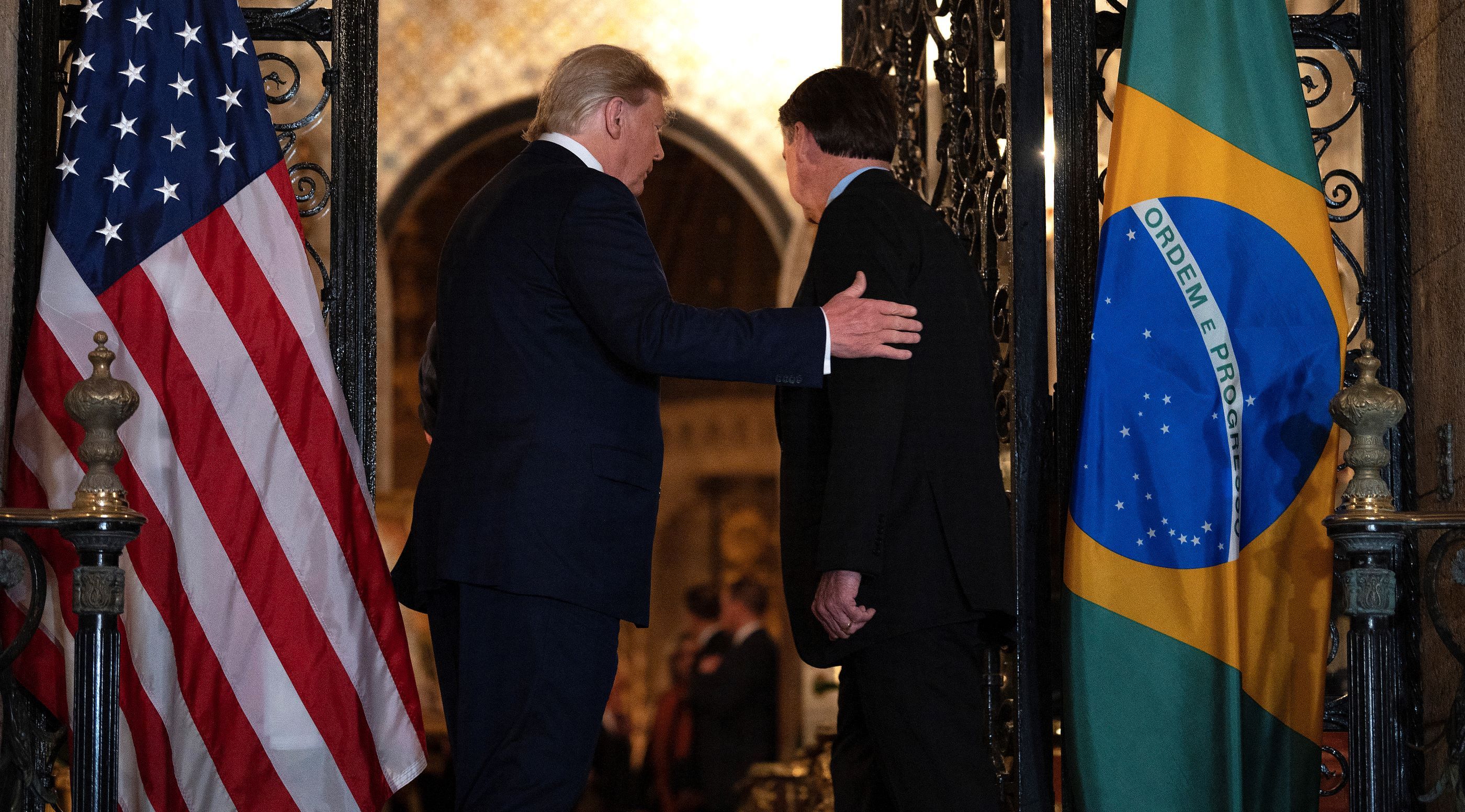Looking ahead: ‘There must be a balance between free trade and strategic autonomy’

Over the years, there have been significant moments whereby the world’s major players, like the US and China, have turned inwards. Today, there’s a growing understanding that Europe will have to develop in this context. Peter Van Elsuwege, professor of European law at Ghent University, doesn’t see the end of globalisation coming but believes there is a need for a rethink.
The European Union was an example of globalisation, with a trade policy aimed at liberalisation and open markets. This is no longer true. “The buzzword of the moment is strategic autonomy,” Van Elsuwege says. The EU, like any individual country, has to be able to take care of its own when it comes to crucial goods and services.
Turning inwards
“Big players have turned inwards. China has closed itself off, there was ‘America first’ during the first Trump presidency. There’s rising nationalism and populism worldwide, with Bolsonaro, with Putin….” says Van Elsuwege. Europe has responded with the concept of strategic autonomy, and with a commissioner dedicated to defence.
"The buzzword of the moment is strategic autonomy"
It’s impossible to say how long this trend will last, but the removal of trade barriers and maximum economic efficiency are no longer the priority. The way European countries today look at the proposed EU trade deal with the Mercosur countries illustrates the need for free trade on the one hand and the need to protect your own economy on the other.
According to Van Elsuwege, we’re at a turning point. Will the world continue to fall apart or will a new balance be found? After the Cold War, the US was the most powerful, the most important. But this power is shrinking and the US has become inward-looking.
New alliances
When old alliances are weakening, new alliances have to be formed. Europe has to find like-minded partners, and it has to develop internally. For example, the common policy on foreign affairs and security needs to move forward. If necessary, this should be done with less than all 27 member states, via the mechanisms of enhanced cooperation.
This is also true for the enlargement of the EU, Van Elsuwege says. There’s a long waiting list: countries in the Western Balkans, Ukraine, Moldova, maybe Georgia. This is comparable with the major enlargement planned in the 1990s, but in a totally different context.
At that time, optimism prevailed. Now, there’s a war at Europe’s borders. There’s pessimism and uncertainty. A solution might be enlargement in stages: a candidate country could become part of the internal market, but without full membership, at first.
For smaller member states, like Belgium, Van Elsuwege sees no alternative to stronger cooperation within the EU. Certainly when it comes to security, the EU is necessary. It’s no coincidence that the incoming Polish presidency of the Council has security as its priority.
#FlandersNewsService | Donald Trump and Jair Bolsonaro, March 2020 © PHOTO JIM WATSON / AFP
Related news
